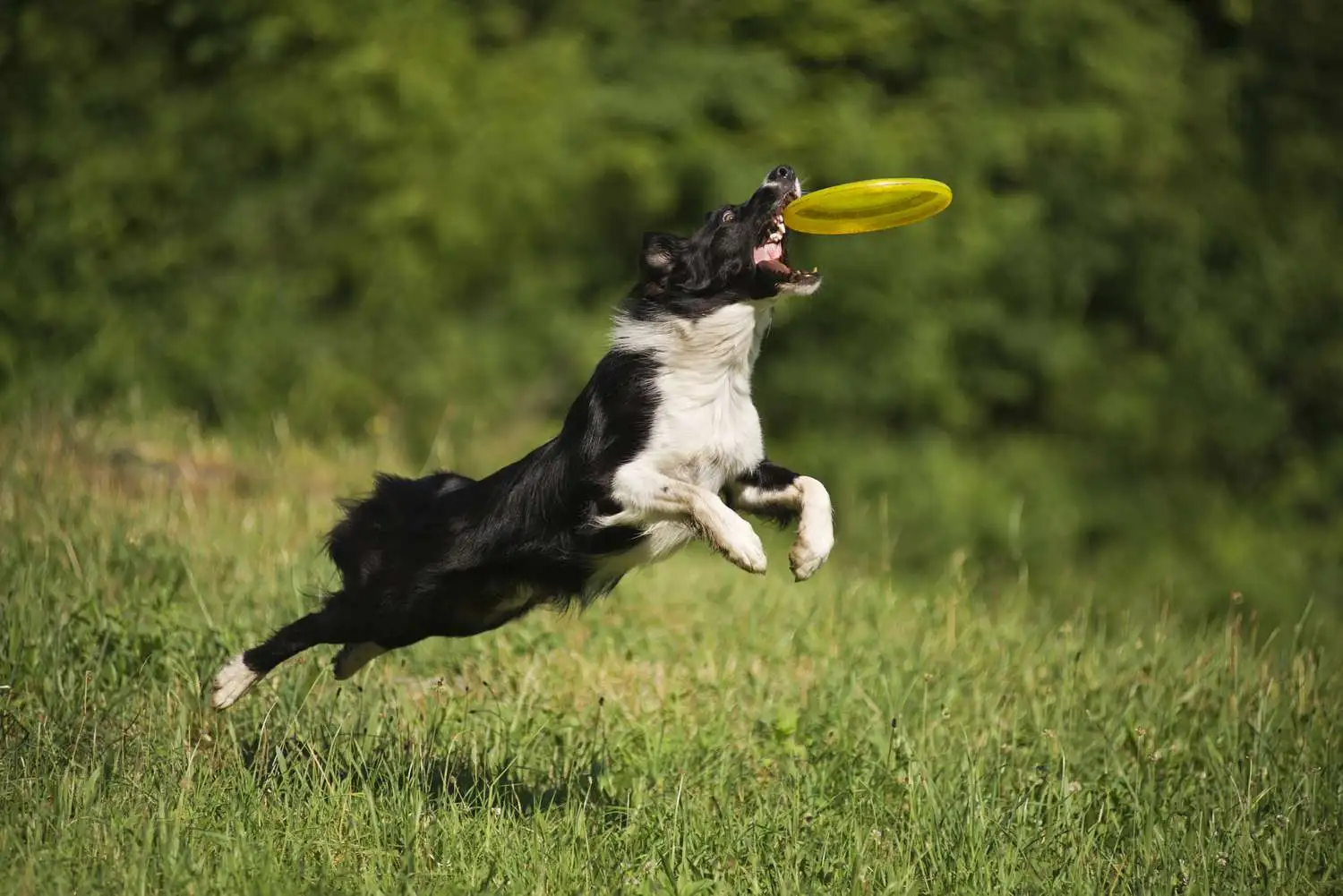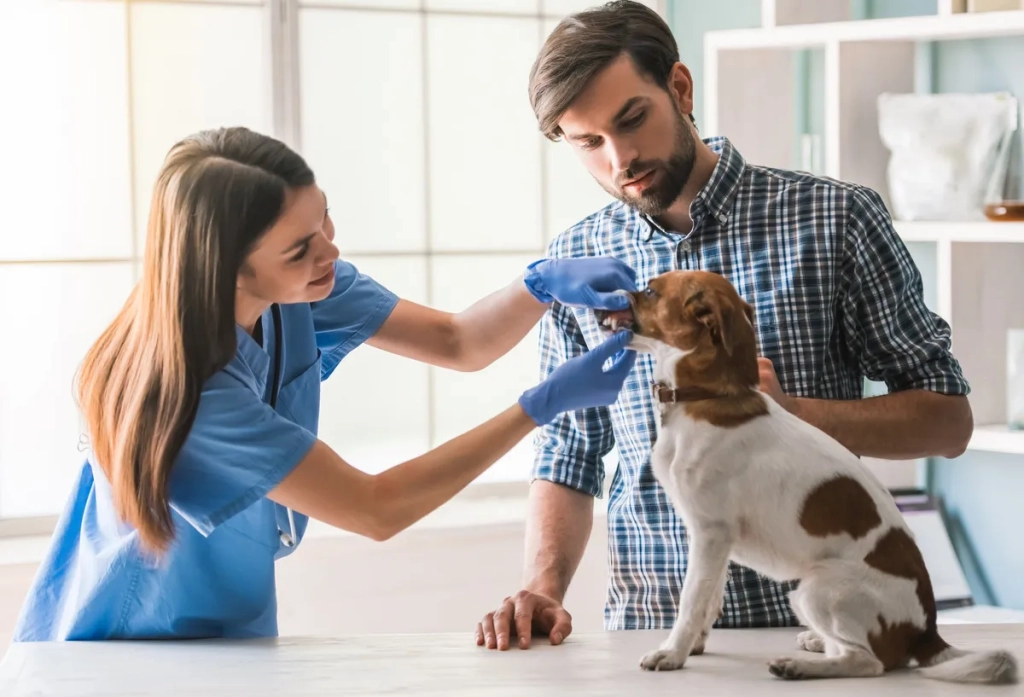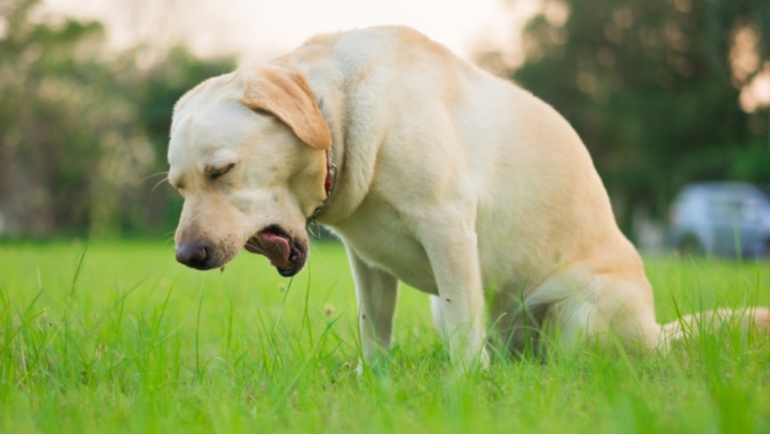169Views

Why Your Dog Might Be Pooping More Than Usual?
Our canine companions hold a special place in our hearts, offering unwavering loyalty, unconditional love, and endless entertainment.
However, witnessing a sudden change in their bathroom habits, particularly an increase in pooping frequency, can be concerning.
While the occasional extra poop might not raise an eyebrow, persistent excessive pooping, known as diarrhea, warrants closer attention.
Pooping Patterns
Before diving into the reasons behind excessive pooping, it’s crucial to establish what constitutes “normal” for your dog. The frequency and amount of poop can vary depending on several factors, including:
- Age: Puppies tend to poop more frequently than adult dogs, often several times a day. This is because their digestive systems are still maturing.
- Diet: The type and quality of food your dog eats significantly impact their pooping habits. A high-fiber diet, for instance, might result in larger stools compared to a low-fiber diet.
- Activity level: Just like humans, a more active dog might poop more often than a less active dog.
In general, most adult dogs poop once or twice a day, and their stool should be firm and sausage-shaped. If your dog deviates from this pattern, particularly with an increase in frequency, looser consistency, or changes in color, it’s essential to investigate the underlying cause.
Common Causes of Excessive Pooping in Dogs
Several factors can contribute to your dog’s excessive pooping, ranging from dietary indiscretion to more serious medical conditions. Here are some of the most common culprits:
- Dietary indiscretion: This refers to ingesting something unusual or inappropriate, such as table scraps, garbage, spoiled food, or non-food items like grass or sticks. This can irritate the digestive system and lead to diarrhea.
- Sudden change in diet: Abruptly switching your dog’s food without a gradual transition period can disrupt their digestive system, causing loose stools and increased frequency.
- Food allergies or sensitivities: Certain ingredients in your dog’s food might trigger allergies or sensitivities, manifesting as digestive issues like diarrhea.
- Parasites: Internal parasites, such as roundworms, hookworms, and coccidia, can wreak havoc on your dog’s digestive system, leading to diarrhea, weight loss, and lethargy.
- Bacterial or viral infections: Infections caused by bacteria or viruses can irritate the digestive tract, resulting in diarrhea, vomiting, and loss of appetite.
- Stress and anxiety: Just like humans, dogs can experience stress and anxiety, which can manifest in various ways, including digestive upset and increased pooping.
- Inflammatory bowel disease (IBD): This chronic inflammatory condition affects the digestive tract and can cause recurring episodes of diarrhea, vomiting, and abdominal pain.
You May Also Like: How Often Should A Dog Poop?
When to Seek Veterinary Attention

While occasional changes in pooping habits might not be a cause for immediate alarm, certain signs warrant a visit to your veterinarian. These include:
- Diarrhea lasting more than 24 hours
- Bloody stool
- Black, tarry stool
- Vomiting
- Loss of appetite
- Lethargy
- Abdominal pain
Early diagnosis and treatment of the underlying cause are crucial for your dog’s health and well-being.
Preventive Measures for Normal Pooping
By implementing some proactive measures, you can help prevent excessive pooping in your dog:
- Feed a high-quality diet: Choose a dog food formulated to meet your dog’s specific needs and age. Avoid sudden changes in diet and introduce new foods gradually.
- Maintain proper portion control: Overfeeding your dog can lead to digestive issues and excessive pooping. Stick to the recommended feeding guidelines based on your dog’s age, breed, and activity level.
- Provide adequate hydration: Ensure your dog has access to fresh, clean water at all times. Dehydration can contribute to constipation and digestive problems.
- Regular deworming: Schedule regular deworming treatments with your veterinarian to prevent parasite infestations.
- Manage stress: Identify and address potential sources of stress in your dog’s life, such as separation anxiety, loud noises, or new pets in the household.
- Schedule regular veterinary checkups: Regular checkups allow your veterinarian to monitor your dog’s overall health and identify any potential issues early on.
By understanding the reasons behind excessive pooping and taking preventative measures, you can ensure your dog maintains a healthy digestive system and enjoys a happy, wagging tail. Remember, a keen eye on your dog’s bowel movements and prompt action when necessary are key to their well-being.


